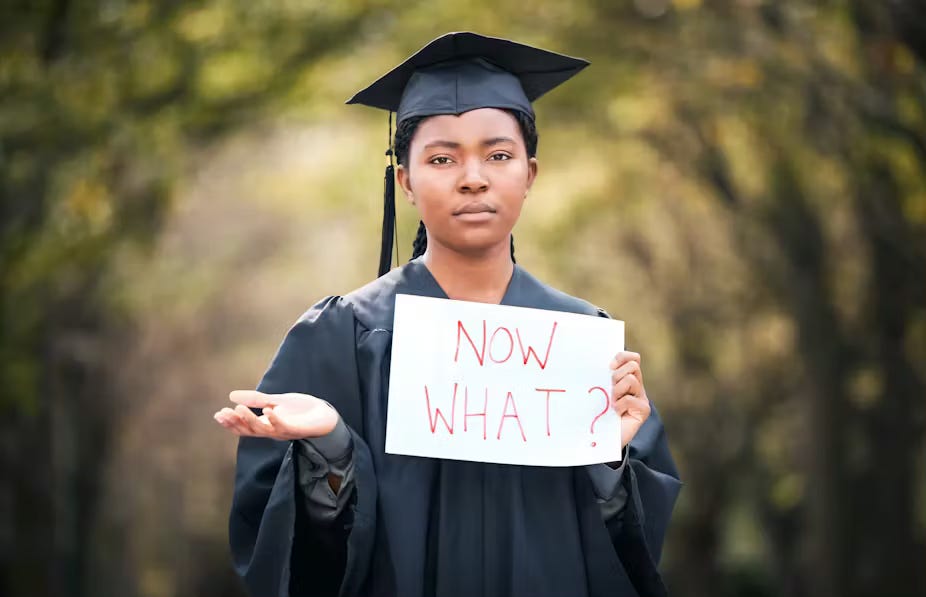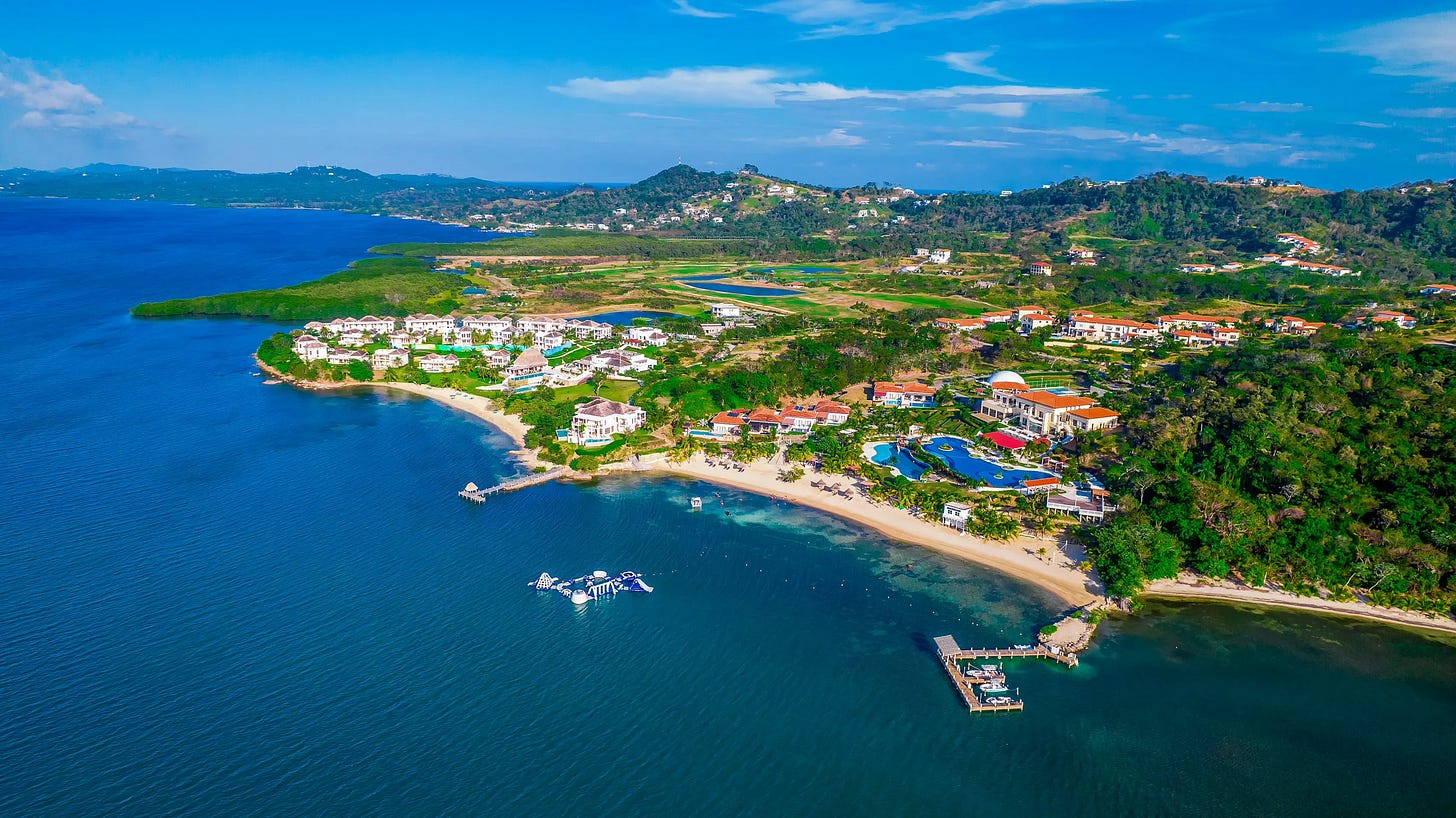There’s something captivating about a big dreamer. Someone who dares to envision what others deem impossible.
And when Akon, the Senegalese-American music star, announced his vision for Akon City, a futuristic city powered by his cryptocurrency, Akoin, many Africans felt a surge of excitement and pride. Here was a son of Africa using his platform and fame to push the continent forward.
But fast forward a few years, and Akon City remains little more than a ghost town of unfulfilled promises. The land stands empty and barren, a far cry from the futuristic metropolis we were all promised.
Why did a project that promised so much fail so spectacularly?
Promising The Moon
Let’s start with the basics.
If you want to build a city, you need to create a solid economic base that will attract both businesses and people. And the foundation of any economy is… (drumroll, please) 🥁
Jobs! (I know, it’s not rocket science).
Akon City was supposed to be a $6 billion futuristic city, a place where technology, innovation, and entrepreneurship would bloom. But grand visions mean nothing if they are not rooted in reality.
From the very beginning, there were obvious issues.
For one, there was no clear plan for how this city would generate sustainable jobs and economic opportunities for the people of Senegal. The entire project seemed focused on Wakanda-like city with flashy skyscrapers, impressive buildings, and Akoin, Akon's own digital currency. But where were the details on job creation? Where was the talk about entrepreneurship? How would this city actually empower Senegalese people to improve their lives?
Instead of focusing on empowering the local population through free-market solutions like job creation, entrepreneurial opportunities, and reducing regulatory barriers, Akon City seemed more interested in grand displays than in fostering genuine economic freedom.
Africa’s Biggest Challenge
One thing we need to understand is this: the biggest challenge for Africa isn’t a lack of technology or architecture. It’s a lack of jobs.
Every year, millions of young Africans enter the workforce, and they’re met with disappointment.
Why?
Because there simply aren’t enough opportunities for them.

This is why I get frustrated when I see projects like Akon City. It’s not that the vision is too ambitious; it’s that it’s misplaced.
A few mentions of tourism and entertainment won’t cut it. We need real opportunities that build the skills and the self-sufficiency of our people. We need projects that focus on the how, not just the wow.
And then there’s the problem of over-promising.
Akon City was painted as a magical place that would fix all of Senegal’s problems in one go. But the truth is, meaningful change requires hard work, commitment, and deep, persistent engagement with the local community. You can’t just parachute in, drop a few million dollars, and expect everything to flourish..
Creating a successful city isn’t just about the architecture or the technology. It’s about laying down roots in the community, listening to local concerns, and creating an environment that nurtures growth from the ground up.
What Success Looks Like: Próspera Cities
It’s easy to be cynical when you see flashy projects like Akon City fail. But that doesn’t mean we should give up on creating the cities Africa deserves. The question is: how do we do it right?
The answer lies in what we’re doing at Próspera.
What makes Próspera different?
It’s simple: we create places where it’s easy to start and grow a business. We cut through the red tape and eliminate the bureaucratic headaches that scare off investors and suffocate local entrepreneurs. Our SEZs (special economic zones) allow businesses to set up shop quickly, hire locals, and contribute directly to the community’s prosperity.
But let me be clear.
Próspera focuses only on creating a better business environment. We work to make it easier for all kinds of companies—big or small, local or foreign—to thrive on equal footing. We don’t touch areas like national defense, criminal law, immigration, family law, or how societies are organized. Those remain fully in the hands of the government, as they should. And we operate under those same rules.
In other words, Próspera zones fully follow the country’s criminal laws, family laws, national security laws, and international treaties. Entering the zone follows the same visa and passport rules as the rest of the country. Within the SEZ, we just focus on creating the best business environment possible, with special provisions for commercial laws and fiscal policies.
Right now, we’re concentrating on making one zone a success. It’s like a test. If it works, the government will decide whether to create more of these zones. We’re working closely with the government on this, and for everything else, we follow the same laws as everyone else. Our only goal is to help the country become one of the top 10 business environments globally, all while fully respecting the laws of the land.
I’m bringing these ideas directly to African governments, who are welcoming them with open arms. They recognize that Próspera Cities can bypass the bureaucratic nightmares that hold back so many African entrepreneurs.
This is more than just attracting investment. It’s also about positioning Africa as a global co-creator of prosperity and innovation.
We’re optimistic that this model will finally unlock the true potential of African entrepreneurship. It will millions escape poverty and create a brighter future for generations to come, just like we’ve seen in many places like Denmark, Singapore, Dubai and even China (with Shenzhen).
One of our guiding principles at Próspera Africa is making sure every new city we design is rooted in the local culture and economy.
We don’t bring in foreign solutions and hope they stick.
We listen, learn, and build alongside the people who will live and work in these cities.
We believe that prosperity starts from within, and that’s why we’re committed to making each project work for the people first and foremost.
And by the way, we’re now on X, so make sure to follow us! 😉
Join our movement and support our fight to shift Africa’s economic paradigm and kickstart Africa’s Bright Future.






I agree, and I would add that such a city cannot have just any business. It needs to have businesses that can export competitively onto the global marketplace. Small businesses that cater to locals are great, but exporting businesses are what bring in the income to support hundreds or thousands of jobs:
https://frompovertytoprogress.substack.com/p/how-developing-nations-can-create
Great article!